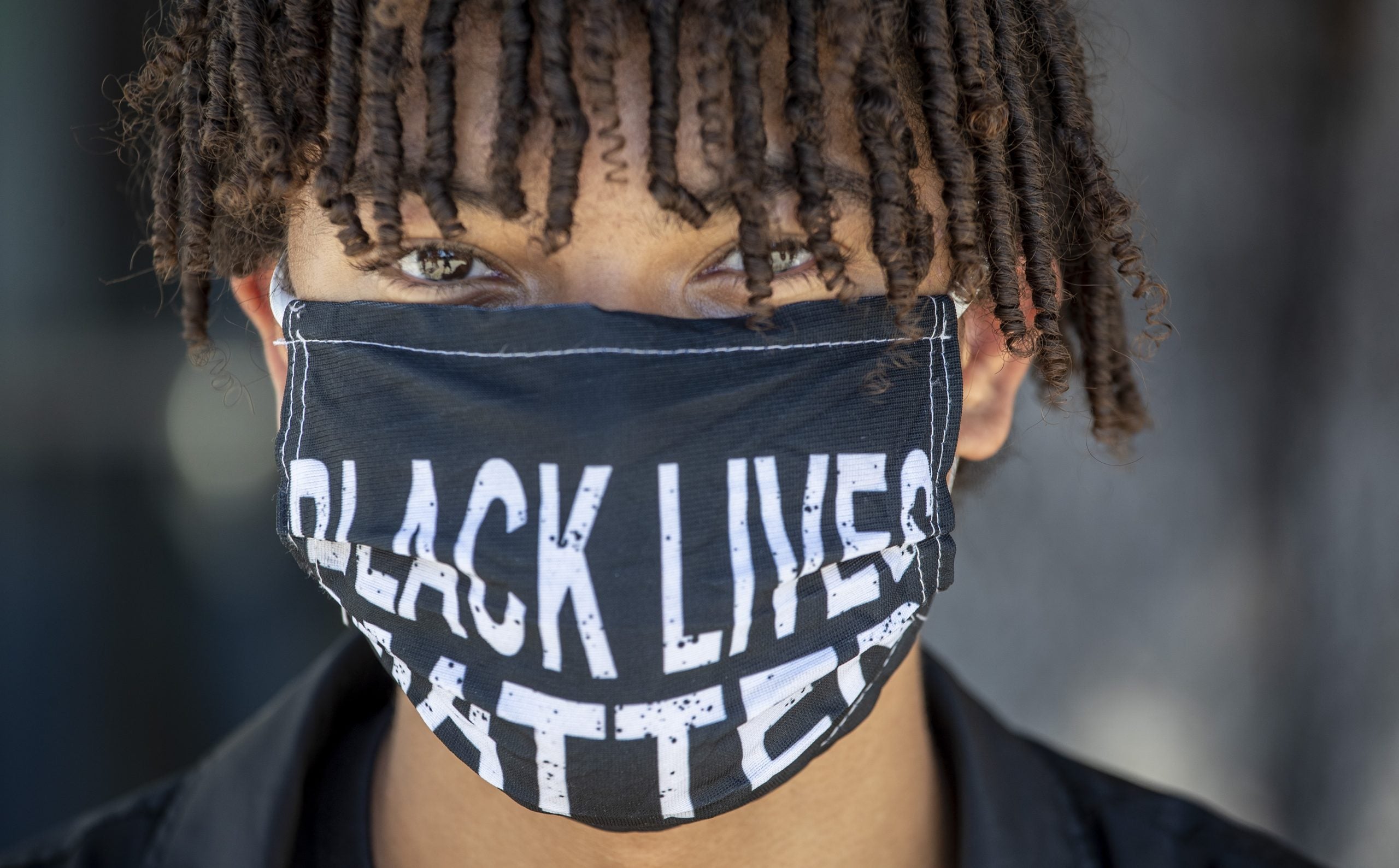
Gun violence claimed five more lives in New York City last weekend, including a 25-year-old mother of three in the Bronx. It’s just the latest round of shootings in what’s been called “one of the most violent summers in recent memory.”
It’s not just in New York City. Headlines like these, highlighting an uptick in intra-community violence in cities across the country, have become commonplace during this unprecedented time.
With so much happening in the country right now, it can be easy for our politicians and the media to overlook the fact that violence is exploding in our streets. But I would argue that we cannot separate what’s happening—a pandemic that has killed more than 175,000 Americans, continued brutality and murder with impunity by police officers, and the second worst economic collapse since the Great Depression—from this increase in violence.
When stress becomes toxic, and trauma becomes chronic, violence explodes. Collectively, no matter your community or background, we are all dealing with a global trauma, with little to no real reprieve in sight. The weak leadership from many of our elected officials has been woefully inadequate, making way for the kind of cultural disillusionment that leads to even more corrosion of our communities.
For communities of color, this continued harm and how it correlates with intra-community violence is nothing new. The name of this continued harm is White supremacy. It is everywhere, attempting to choke the life out of us. When we turn on the television, listen to the radio, walk down the street or look at social media. It is in our blood and our bones, and it manifests in infant mortality, health, education, mass incarceration and economic outcomes.
Despites White supremacy’s grip on our reality across history, and the resulting ancestral trauma that we experience, Black people have been able to heal, learn, fight, and build families and communities. Despite our chattel enslavement, the raping of Black women, the lynchings, redlining, crack cocaine, wealth inequality, environmental injustice, and police brutality, we still rise and build power. Black power comes from Black love. It is Black love that helped me, Cori Bush and Mondaire Jones, among many others, to win congressional primaries in this historic moment.
In 1992, after the acquittal of the four police officers who brutally beat Rodney King in Los Angeles, Black love was on full display. The Crips and Bloods, longtime rivals, called a truce and came together to organize, strategize and push back against this system of White supremacy and its military arm, the LAPD. In 1988, just a few years earlier, KRS-One, Public Enemy, the late great Heavy D and others in hip-hop came together in Black love to organize the Stop the Violence movement. Eazy E, Michele A, Ice T, and others on the West Coast followed suit. Black love led the abolitionist movement, the civil rights movement, and is now leading the Black Lives Matter movement.
Now, with NBA players refusing to play to protest the shooting of Jacob Blake, we’re seeing Black love at its finest. These Black men are standing up to a system that has been killing us for 400 years. They are refusing to just “shut up and dribble.” And together, they brought a $10 billion industry to a standstill. This is leadership that I’ve wanted to see my entire life. And from Chris Webber to Doc Rivers to Kenny Smith and Robert Horry, you’re seeing Black men crying or getting choked up on camera, showing unlimited strength and love in their vulnerability.
It will be Black love that ultimately manifests reparations, and policies like Medicare for All, a Green New Deal, housing as a human right, family leave and universal childcare. And it will be Black love that stops the violence in our communities now and forever more. But that love cannot be passive, and it cannot be cheap talk—it has to be active and applied to our governing, our legislating, our organizing.
From life expectancy to college graduation rates, the unrelenting trauma of White supremacy continues its genocidal assault on Black people. Despite its omnipresence, when Black people come together to strategize in healing and love, White supremacy hasn’t stood a chance. While we are here, let us continue to come together, actively fight against gun violence in our communities and at large, and organize for our collective liberation and the liberation of humanity.
We can fix gun violence in our communities by championing commonsense gun reform and ending the legacy of racist policing. That includes requiring a federal license for gun ownership, enacting an assault weapons ban, closing gun-show and Internet loopholes, and administering thorough background checks. We must invest in a public health agenda to ensure that every community is housing and food secure and has fully funded schools, and spaces for social and cultural expression, and robust economic opportunities. Policies like the BREATHE Act from the Movement for Black Lives, the People’s Justice Guarantee, the Homes for All Act, the BOOST Act and a Just Society are rooted in love of our communities and a rejection of White supremacy’s stranglehold on our ability to reach our greatest and most beautiful potential as a nation.
Because while White supremacy is the disease that is killing us all, Black love is the cure.
Jamaal Bowman, Ed.D., is a former middle school principal and the Democratic nominee for Congress in New York’s 16th District after defeating a 31-year incumbent
